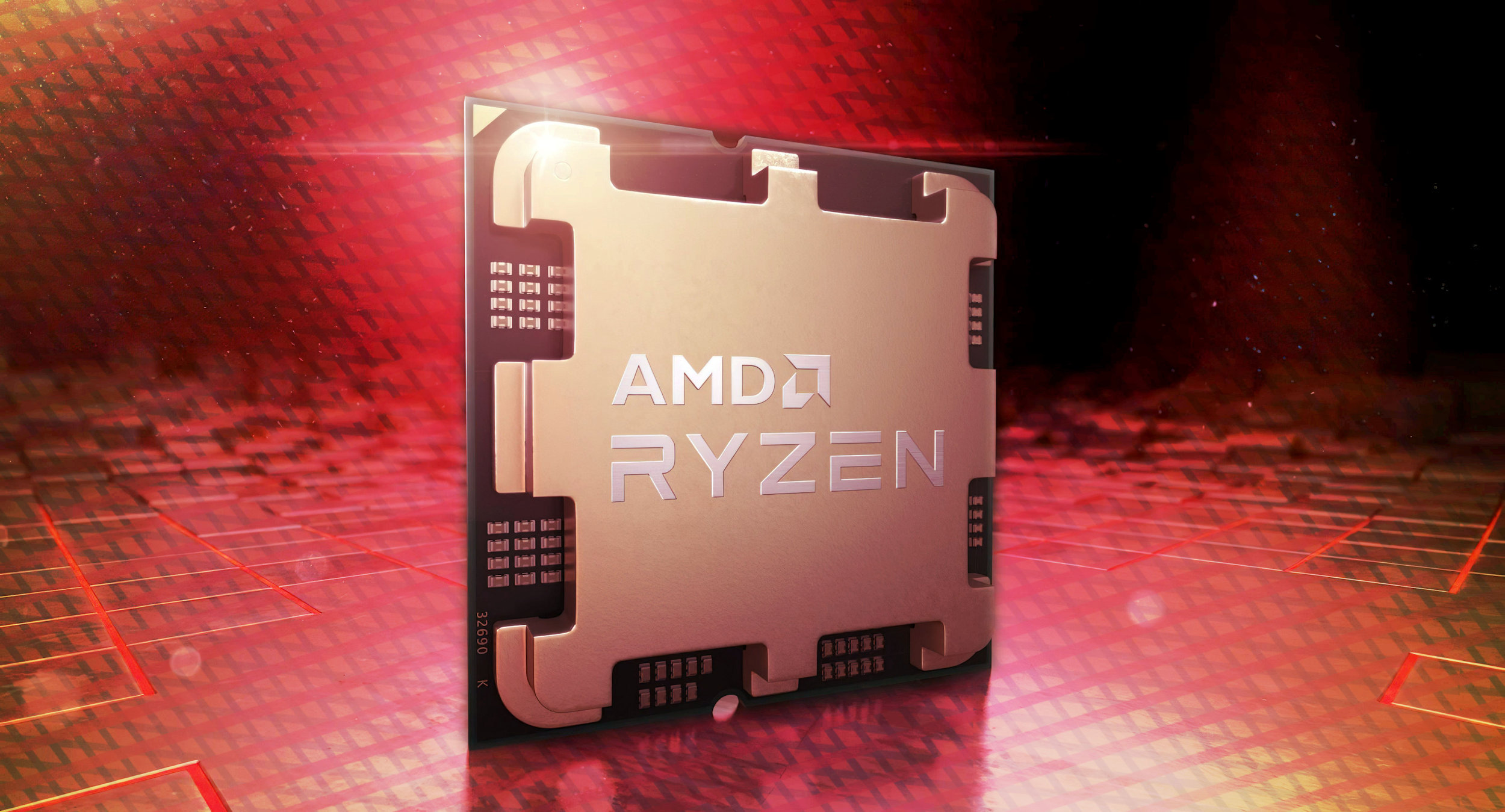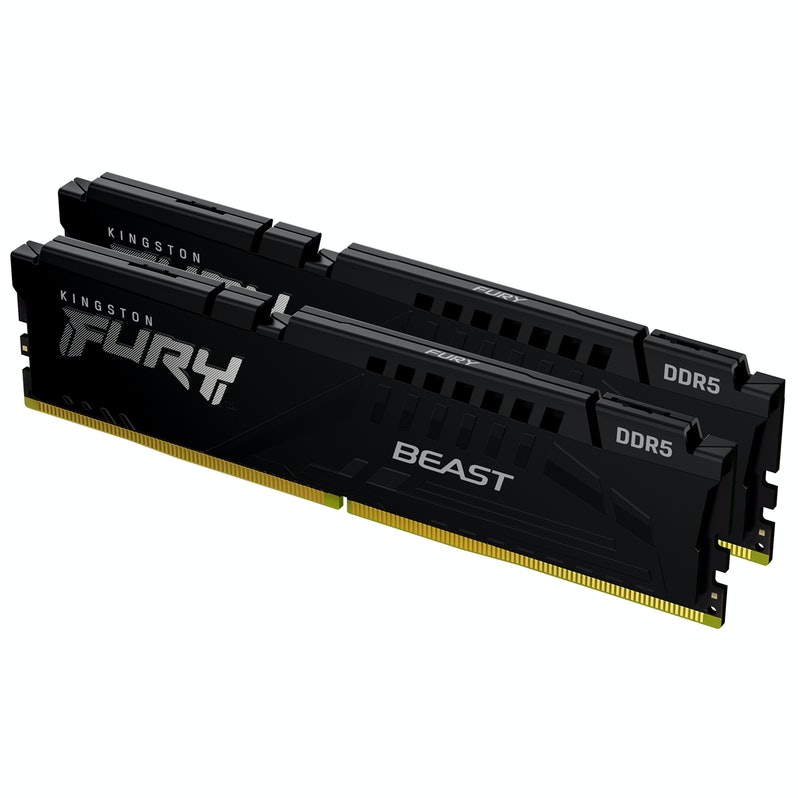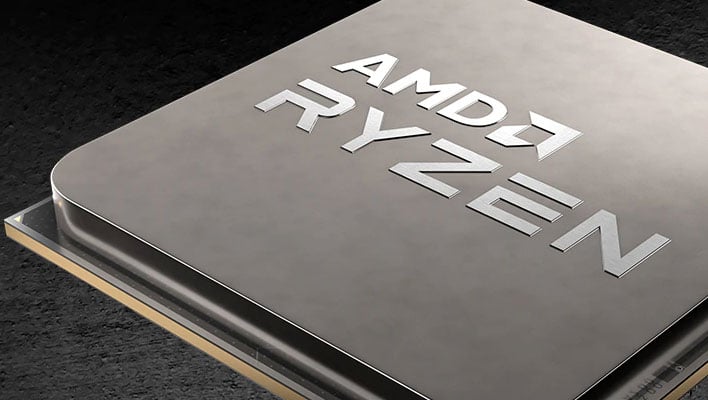Caporegime
92-94C using a 360mm AIO, in AIDA64. Stock Ryzen 9 7000
Please remember that any mention of competitors, hinting at competitors or offering to provide details of competitors will result in an account suspension. The full rules can be found under the 'Terms and Rules' link in the bottom right corner of your screen. Just don't mention competitors in any way, shape or form and you'll be OK.
92-94C using a 360mm AIO, in AIDA64. Stock Ryzen 9 7000



any actual proof rather than just a twitter post.
problem is that as is typical with Twitter, you get no important details, just selectively chosen info.Chap is the editor of Wccftech.
problem is that as is typical with Twitter, you get no important details, just selectively chosen info.


Something like that. You can get lower CL modules iyw, or just save your money. Or, buy higher frequency modules (for the future) and downclock to 6000 MT/s on Zen 4.So something like this is the sweet spot? Memory is one of these things. I've never really understood the performance benefit of.

Kingston FURY Beast 32GB (2x16GB) DDR5 PC5-48000C40 6000MHz Dual Channel Kit
Order Kingston FURY Beast 32GB (2x16GB) DDR5 PC5-48000C40 6000MHz Dual Channel Kit now online and benefit from fast delivery.www.overclockers.co.uk
I’m more excited about Zen5 as well in general but I don’t think I can wait till 2024 and then I would probably want the X3D version so probably would have to wait till late 2024! Although it’s tempting to wait till late 2024 and I could pick that up with the 5090.I personally think Zen5 is where it will be at:

AMD Patents big.Little Core Task Transition Tech For Ryzen 8000 Zen 5 Processors
A new patent application suggests AMD is planning to bring Zen into hybrid waters, just like Intel is doing starting with its Alder Lake processors.hothardware.com
I could see Zen5 increasing core counts per tier. So probably Zen5 "big cores" and Zen4D "little cores". Then probably an updated platform with universal PCI-E 5.0 on cheaper motherboards,and higher speed/lower latency DDR5.
I’m more excited about Zen5 as well in general but I don’t think I can wait till 2024 and then I would probably want the X3D version so probably would have to wait till late 2024! Although it’s tempting to wait till late 2024 and I could pick that up with the 5090.

Even at 6000c30 you get 51ns of latency on a 12900kAssuming 63ns is achievable (as was pointed out at the recent AMD event) on Zen 4 + DDR5 6000 MT/s modules, this is only a little higher than the typical latency on Zen 3 + DDR4 (~60ns), mentioned here:
https://www.kitguru.net/components/cpu/luke-hill/amd-ryzen-9-5950x-zen-3-cpu-review/9/
Wonder how long it will be, before people are hitting 60ns with Zen 4? Sounds like it might need tighter DDR5 sub timings, or possibly a higher fclk. Easiest way, might actually be if the memory controller and mclk can be pushed beyond 3000mhz (probably determined by silicon lottery...).
It does seem as though low latencies on DDR5 systems are possible, as shown here:

DDR5 Stable OC : 7200Mhz CL30 (12900K all cores (P+E))
[Some points of this OC setup]- Ram stability testing program called 'Karhu' used, which is not a free program From my experience, Karhu is harder to pass ...youtu.be
~47ns with the RAM clocked at 7200 MT/s, so I think you might need at least 7000 MT/s to achieve similar latencies on Zen 4, which could only be achieved with overclocked modules at present (so, no guarantee of stability or reasonable RAM temps).
Chap is the editor of Wccftech.
This is always put out of proportion. Reminder that these values are ns. High tier audio monitoring programs like latencymon work in microseconds.Does 60ns of latency on Zen 3 ever actually lead to any perceptible performance issues in real time tasks like games, or maybe audio playback?

